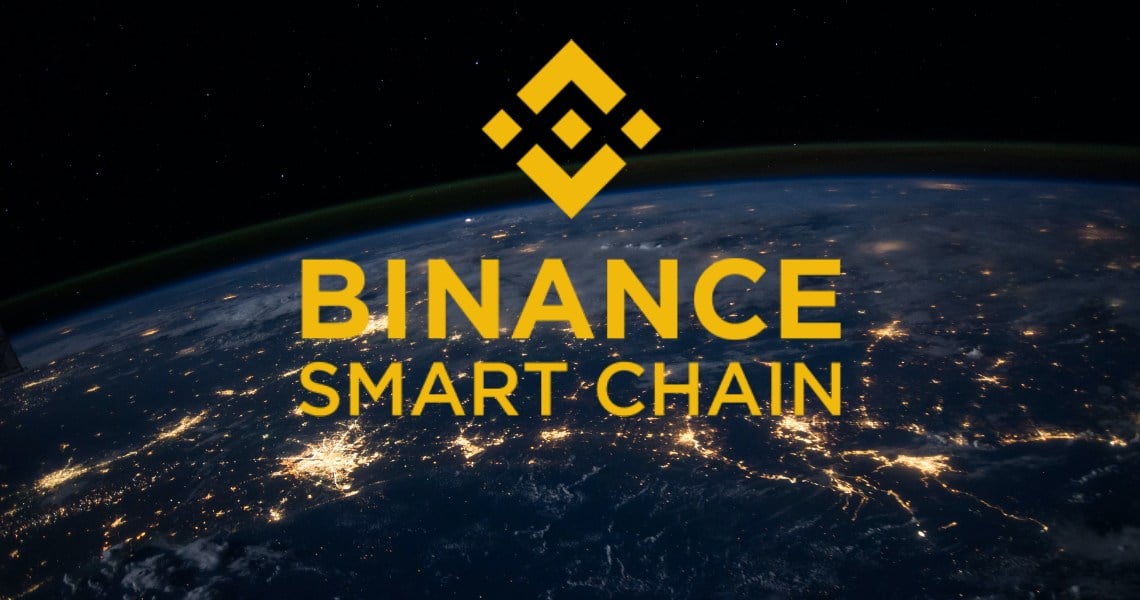The world of cryptocurrencies and blockchain technology is expanding rapidly, with new projects and networks emerging almost daily. Among the most popular and widely adopted blockchain platforms is Binance Smart Chain (BSC), which was launched by Binance, one of the largest cryptocurrency exchanges globally. BNB Smart Chain offers a high-performance environment for running decentralized applications (dApps), executing smart contracts, and providing a seamless experience for developers and users alike. With low transaction costs, fast processing speeds, and robust scalability, it has gained significant traction, particularly within the DeFi (Decentralized Finance) and NFT (Non-Fungible Token) sectors.
In this article, we will explore the Binance Smart Chain in detail, covering the core components such as the BNB Smart Chain Wallet, BNB Smart Chain Network, and the BEP20 token standard. We will also examine the benefits of using BNB Smart Chain, how to set up a wallet and provide insights into the broader ecosystem that supports BNB Smart Chain.
What is BNB Smart Chain?
Definition and Overview
BNB Smart Chain (BSC) is a blockchain platform developed by Binance, designed to enable decentralized applications (dApps) and smart contracts to operate in a fast and low-cost environment. Launched in April 2020, BSC was created as a solution to the scalability issues faced by Ethereum and other earlier blockchains. The primary aim of BSC is to provide users and developers with an efficient, high-speed, and low-cost platform that enables decentralized finance (DeFi), NFTs, gaming, and other blockchain-based applications.
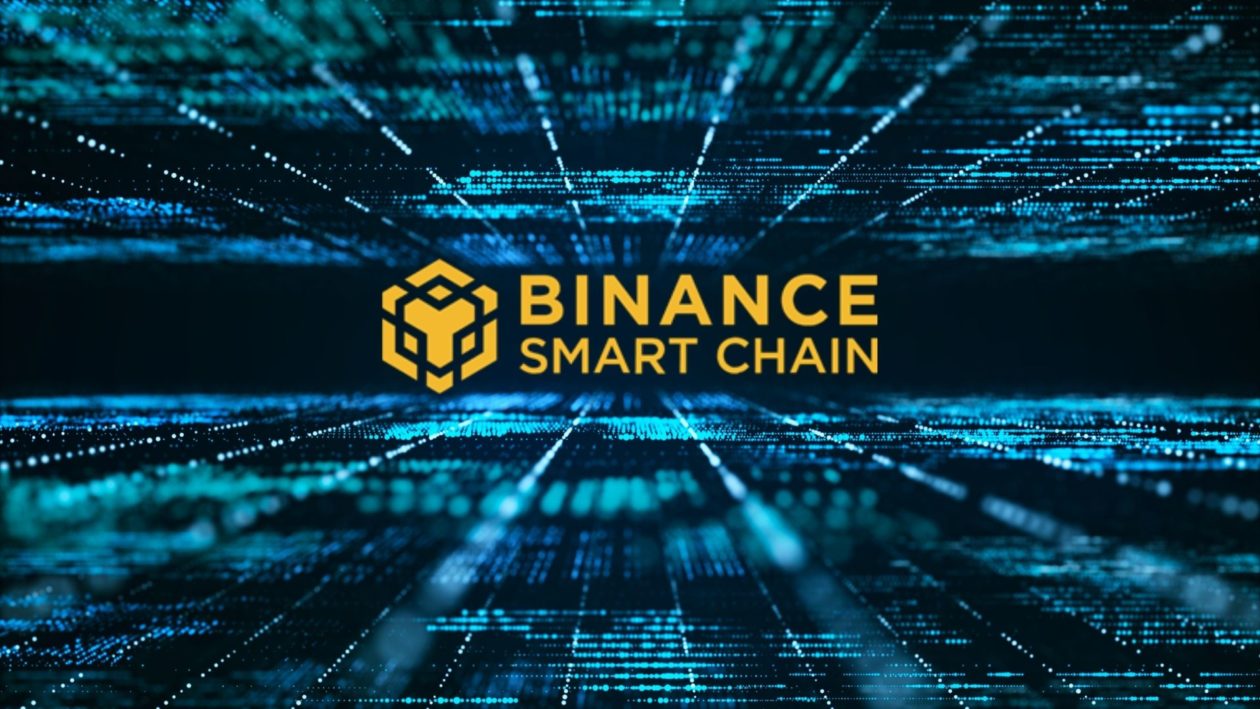
Unlike other blockchains, BNB Smart Chain is known for its dual-chain architecture. It runs in parallel with Binance Chain (BC), which focuses on high-speed, low-cost token transfers. While Binance Chain is optimized for trading and asset transfers, BNB Smart Chain supports complex smart contracts and dApps. This architecture allows for greater flexibility, offering developers the ability to choose the best chain for their applications while still benefiting from the seamless integration between the two.
BNB Smart Chain vs. Binance Chain
While Binance Chain (BC) and BNB Smart Chain (BSC) are both part of the Binance ecosystem, they serve different purposes. Here is a breakdown of their key differences:
- Binance Chain (BC): Binance Chain is a high-performance blockchain designed primarily for token transfers and the exchange of digital assets. It is used for trading assets on the Binance DEX (decentralized exchange), where the primary focus is on speed and low fees for token transfers.
- BNB Smart Chain (BSC): BSC is designed to run smart contracts, enabling developers to build decentralized applications (dApps) and deploy tokens using the BEP20 token standard. It was built to overcome some of the limitations of Binance Chain, particularly in terms of scalability, transaction fees, and the ability to support decentralized applications.
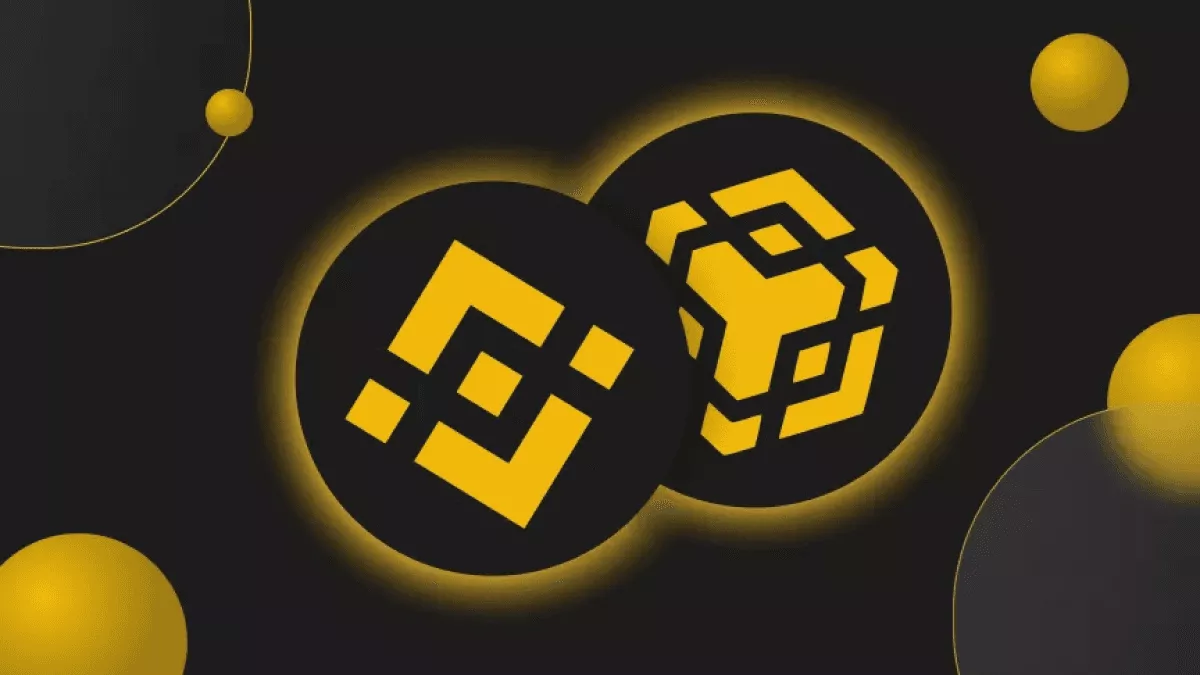
With this dual-chain architecture, Binance provides flexibility for users and developers to switch between Binance Chain for fast token transfers and BNB Smart Chain for decentralized applications and smart contract functionality.
BNB Smart Chain Network
Core Features of the BNB Smart Chain Network
The BNB Smart Chain network is designed with key features that distinguish it from other blockchain networks, such as Ethereum. These features include:
Scalability and Speed
One of the primary advantages of BNB Smart Chain is its ability to process transactions at much faster speeds than many other blockchains. While Ethereum (ETH) typically takes around 15 seconds to process a block, BNB Smart Chain can confirm transactions in roughly 3 seconds. This makes it much more efficient, especially for applications that require quick transaction finality, such as decentralized exchanges and DeFi protocols.
Moreover, BNB Smart Chain can handle over 100 transactions per second (TPS), which is a significant improvement over the throughput of other blockchains like Ethereum.
Low Transaction Fees
One of the standout features of BNB Smart Chain is its low transaction fees. Unlike Ethereum, where gas fees can be exorbitant during periods of high congestion, BSC users can expect to pay only a fraction of a dollar for transactions. This cost-effectiveness is especially important for users interacting with decentralized applications (dApps), particularly in DeFi, where frequent transactions are a common practice.
Proof of Staked Authority (PoSA) Consensus Mechanism
BNB Smart Chain operates on a Proof of Staked Authority (PoSA) consensus algorithm. This consensus mechanism combines the best elements of Proof of Stake (PoS) and Proof of Authority (PoA). Validators are selected based on the number of BNB tokens they have staked in the network, and they are responsible for validating transactions and creating new blocks.
This consensus mechanism ensures decentralization while maintaining network security and speed. It also allows for faster block generation times and helps keep transaction costs low.
Cross-Chain Compatibility
BNB Smart Chain supports cross-chain compatibility, which means that assets can be transferred between different blockchains. This interoperability enhances the overall utility of the BNB Smart Chain network, enabling users to bridge assets from other blockchains, including Ethereum.
Check Out the Latest Prices, Charts and Data of BNB/USDT
What is BEP20?
Understanding the BEP20 Token Standard
In the world of blockchain, token standards define the rules and guidelines for creating tokens. BEP20 is the token standard for creating and deploying tokens on Binance Smart Chain. It is similar to ERC20, the token standard for Ethereum, but with several advantages, including faster transaction times and lower fees. The BEP20 token standard is designed to ensure that tokens created on BSC are compatible with the BNB Smart Chain network.
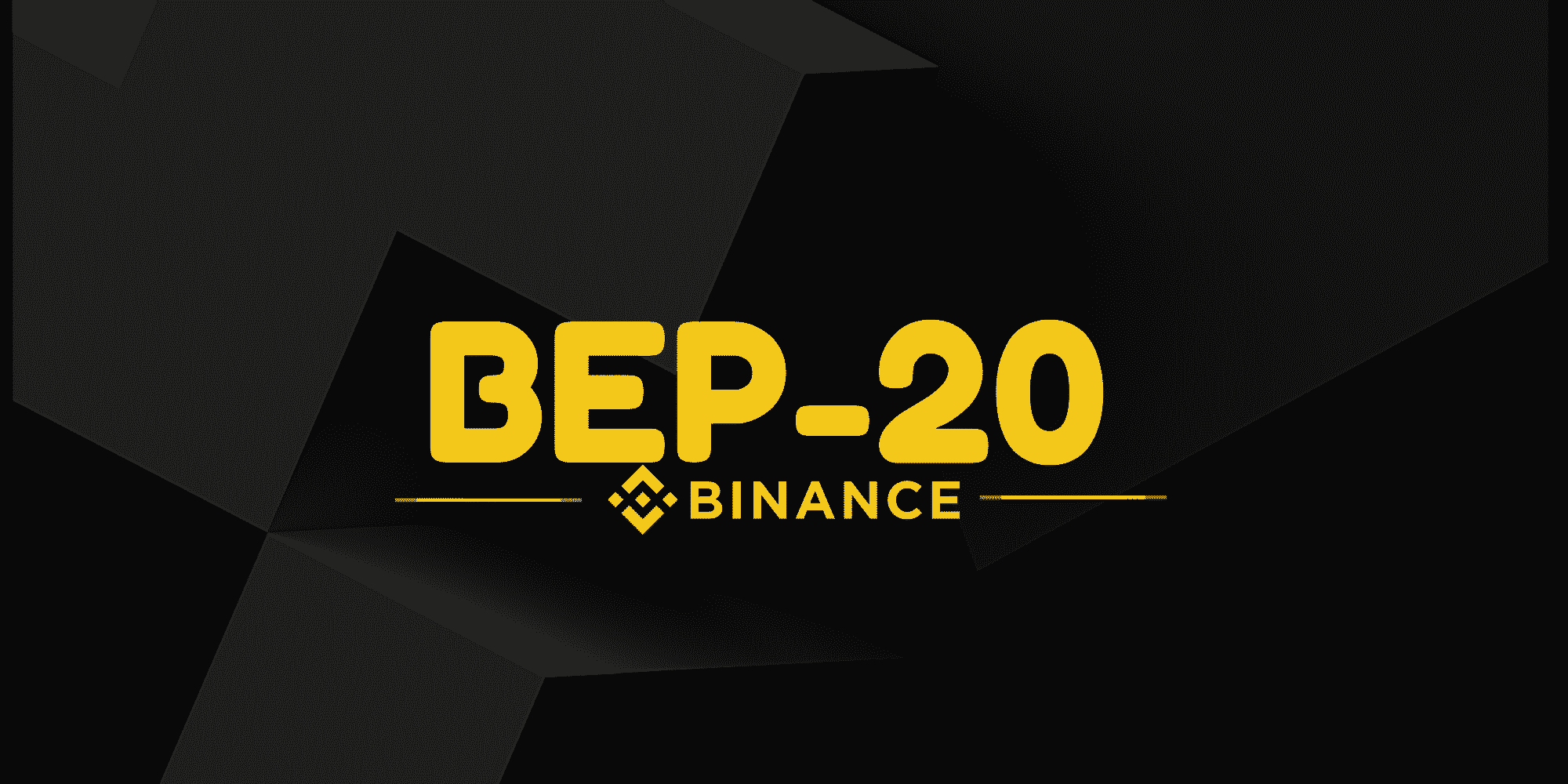
Key Features of BEP20 Tokens
- Compatibility with BNB Smart Chain: BEP20 tokens are optimized for use within the BNB Smart Chain network. They can be easily traded on decentralized exchanges (DEXs) like PancakeSwap, staked on DeFi platforms, or used in smart contracts.
- Low Fees and Fast Transactions: One of the primary benefits of BEP20 tokens is the low transaction fees associated with their transfers. Since BNB Smart Chain offers low fees compared to Ethereum, BEP20 tokens are an attractive choice for developers and users who want to minimize costs.
- Interoperability with Other Blockchains: BEP20 tokens can be easily bridged to other blockchains using cross-chain solutions, enabling the tokens to maintain full functionality across different networks.
- Smart Contract-Based: BEP20 tokens rely on smart contracts, allowing for features such as automatic transfers, staking, burning tokens, and more. These features enable advanced token management and automation, which are crucial for decentralized finance applications.
Examples of Popular BEP20 Tokens
- PancakeSwap (CAKE): The native token of PancakeSwap, one of the largest decentralized exchanges (DEXs) on the Binance Smart Chain.
- Venus (XVS): Venus is a DeFi protocol on BSC that allows users to borrow and lend digital assets, and its native token is BEP20-compliant.
- Dogecoin (DOGE): While originally based on its own blockchain, Dogecoin (DOGE) has been bridged to BNB Smart Chain as a BEP20 token for easier transfers.
BNB Smart Chain Wallet
To interact with the BNB Smart Chain network, users need a BNB Smart Chain wallet. These wallets allow users to store, send, and receive BNB and BEP20 tokens, as well as interact with decentralized applications (dApps) on the network. Additionally, these wallets enable users to perform activities like staking, yield farming, and providing liquidity on various DeFi platforms.
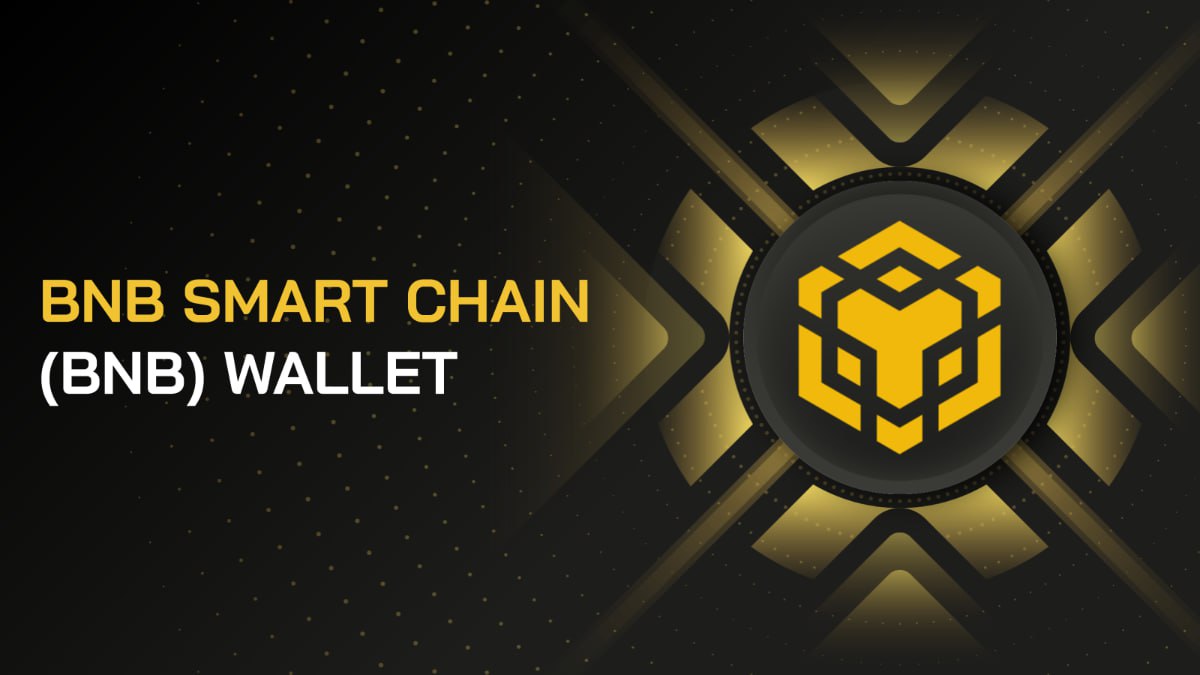
Popular BNB Smart Chain Wallets
- MetaMask: MetaMask is one of the most popular cryptocurrency wallets. Although it was originally developed for Ethereum, it supports the BNB Smart Chain when users manually add the network’s details. MetaMask is available as a browser extension and mobile app, making it a versatile choice for interacting with BSC.
- Trust Wallet: Trust Wallet is Binance’s official mobile wallet and supports Binance Smart Chain natively. It is one of the most popular mobile wallets for BNB Smart Chain users, offering features such as easy token management, staking, and integration with dApps.
- Binance Chain Wallet: The Binance Chain Wallet is the official wallet for the Binance ecosystem, supporting both Binance Chain and BNB Smart Chain. It allows users to store BNB, interact with dApps, and manage BEP20 tokens.
- Math Wallet: Math Wallet is a multi-currency wallet that supports BSC in addition to other blockchains. It allows users to store BNB and BEP20 tokens, as well as participate in decentralized finance and governance.
Setting Up a BNB Smart Chain Wallet
Setting up a BNB Smart Chain wallet is straightforward, and here’s how you can get started:
- Download and Install the Wallet: Choose a wallet such as Trust Wallet or MetaMask and download it from the official app store or website.
- Create a New Wallet: Follow the instructions provided by the wallet to create a new wallet. You will be given a recovery phrase, which is crucial for wallet recovery. Write it down and store it securely.
- Add BNB Smart Chain to MetaMask (if using MetaMask): If you’re using MetaMask, you need to manually add the Binance Smart Chain network by inputting its RPC details (network name, RPC URL, Chain ID, etc.).
- Fund Your Wallet: Once your wallet is set up, you can fund it with BNB or any other supported BEP20 tokens. You can purchase BNB on Binance and transfer it to your wallet or use decentralized exchanges to swap tokens.
- Connect to dApps: After setting up your wallet and funding it, you can begin interacting with decentralized applications (dApps) like PancakeSwap, Venus, or other DeFi platforms directly from your wallet interface.
How to Start Using BNB Smart Chain
1. Setting Up a Wallet and Connecting It to the BNB Smart Chain
The first step to using BNB Smart Chain is setting up a wallet and connecting it to the network. Popular wallets like MetaMask and Trust Wallet are widely used for this purpose. Here’s how you can do it:
- Download and Install: Choose a wallet (such as MetaMask or Trust Wallet) and download it from the official app store or website.
- Create a Wallet: Follow the wallet setup process. You will be provided with a recovery phrase—make sure to store it in a safe place as it’s essential for wallet recovery.
- Add BNB Smart Chain Network: If you’re using MetaMask, you’ll need to add Binance Smart Chain as a custom network in the settings section by inputting the RPC details for the BSC network.
2. Buying and Transferring BNB to the Wallet
To use BNB Smart Chain, you’ll need to buy BNB (or another BEP20 token) and transfer it to your wallet.
- Buy BNB on Binance: Create an account on Binance, deposit funds, and purchase BNB.
- Transfer to Your Wallet: Use the wallet address from your MetaMask or Trust Wallet and transfer BNB from Binance.
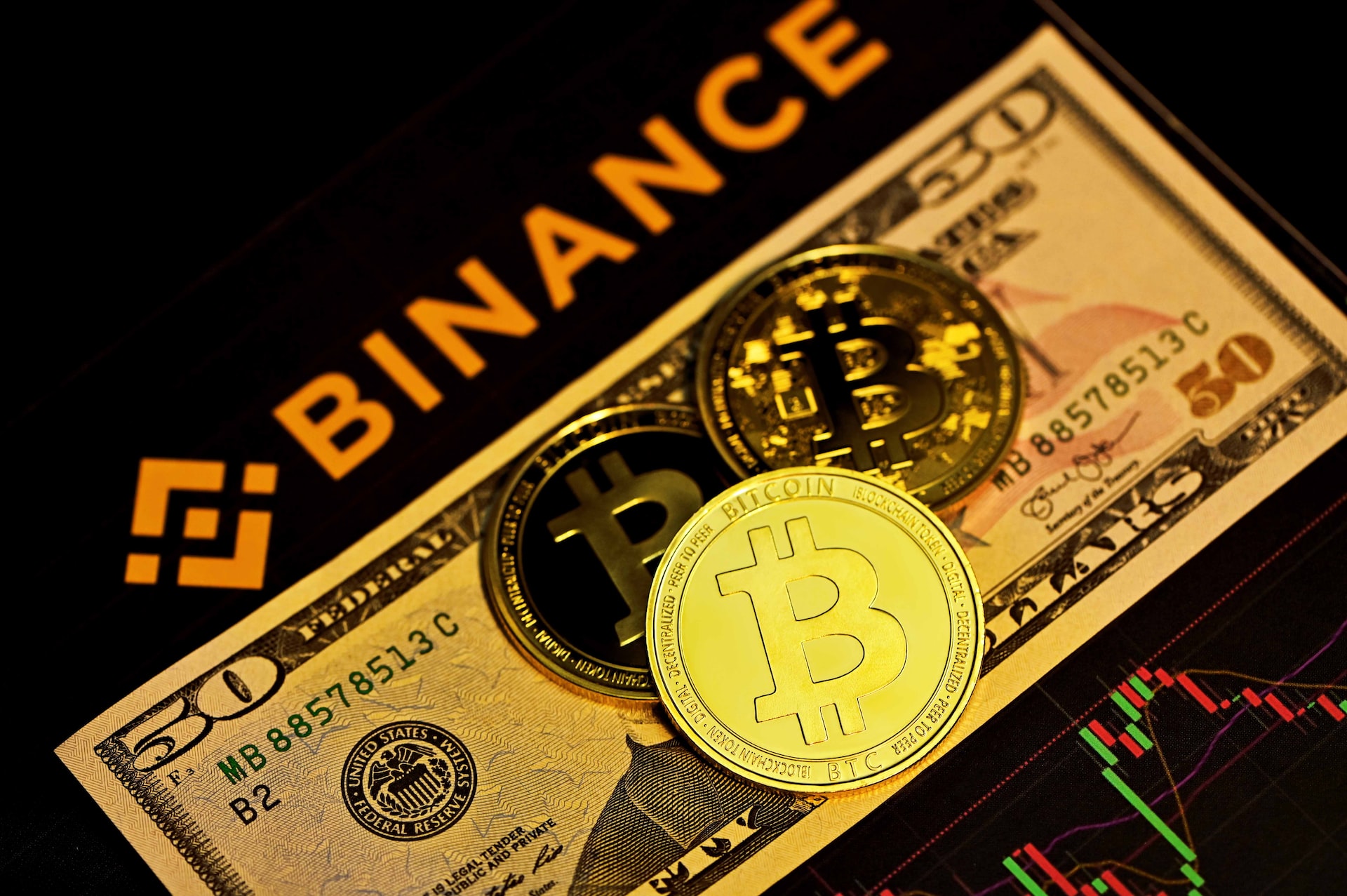
3. Exploring Decentralized Exchanges (DEXs) and dApps
Once your wallet is set up and funded, you can explore the vast array of decentralized exchanges (DEXs) and dApps built on BNB Smart Chain:
- PancakeSwap: Swap BNB and other BEP20 tokens.
- Venus Protocol: Participate in DeFi lending and borrowing.
4. Participating in DeFi Protocols and Staking
With BNB Smart Chain, you can stake BNB and other tokens to earn rewards:
- PancakeSwap Yield Farming: Stake CAKE and earn rewards.
- Venus Protocol: Lend and borrow assets using the Venus protocol, earning interest or taking out loans.
Conclusion
In conclusion, BNB Smart Chain has become a crucial part of the blockchain ecosystem, providing developers and users with a fast, scalable, and cost-effective environment for decentralized applications, DeFi, and NFTs. The BEP20 token standard has allowed for the creation of a wide range of tokens, fueling innovation in the space.
With its low fees, high speeds, and growing ecosystem, BNB Smart Chain offers users an exciting platform to participate in the decentralized economy. By setting up a wallet, buying BNB, and exploring the available dApps, you can dive into the world of DeFi, staking, and NFTs with ease.
As BNB Smart Chain continues to grow, it promises to offer even more opportunities for developers, users, and investors looking to capitalize on the decentralized future. Whether you’re a crypto enthusiast, developer, or simply someone looking to explore the space, BNB Smart Chain provides the tools necessary to succeed in the digital economy.

